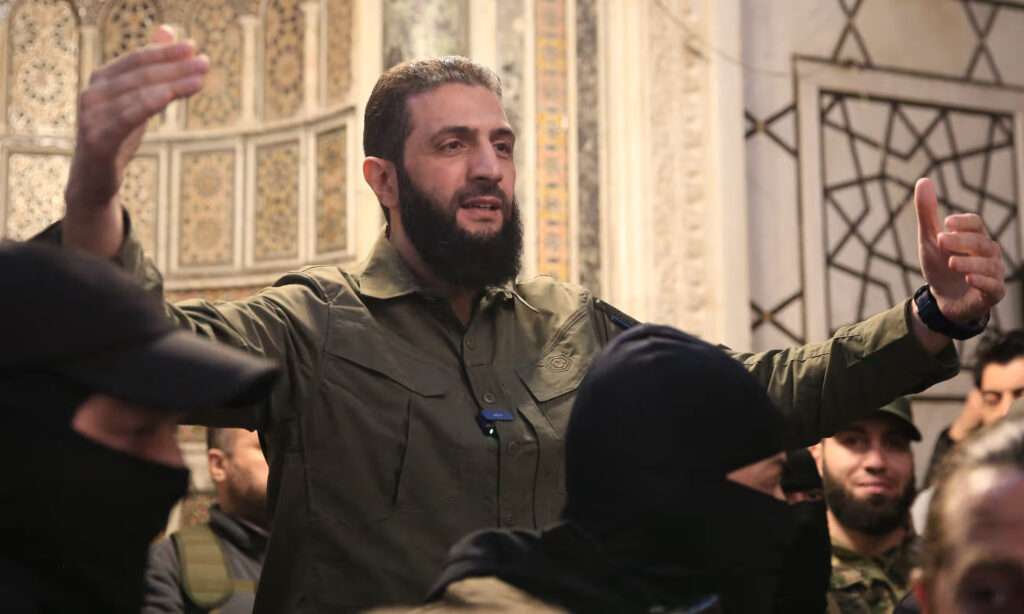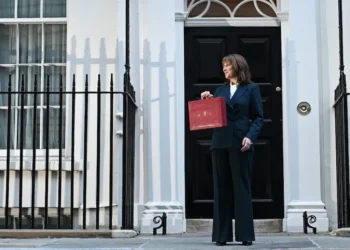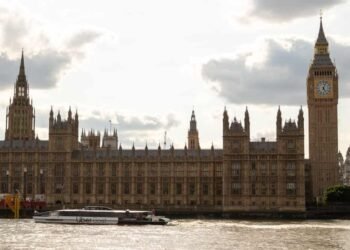The UK government has signaled a potential reconsideration of its designation of Hayat Tahrir al-Sham (HTS) as a terrorist organization. This Islamist group, which recently gained control of Damascus after toppling Bashar al-Assad’s regime, has been on the UK’s proscribed list since 2017 due to past ties with al-Qaida.
Speaking on Monday, December 9, a spokesperson for Prime Minister Keir Starmer described Syria’s current landscape as “an evolving situation” and confirmed that the government’s proscription regime remains “under regular review.”
The developments have prompted renewed calls for a reassessment of HTS’s status, as their designation as a terrorist group prevents formal dialogue between the UK and the group.
Pat McFadden, a Cabinet Office minister, emphasized the fluidity of the political situation in Syria, noting that HTS’s leader, Abu Mohammed al-Jolani, has distanced himself from the group’s controversial past.

“The leader of that group has distanced himself away from some of the things that have been said in the past. He is saying some of the right things about the protection of minorities, about respecting people’s rights. So we’ll look at that in the days to come.”
Pat McFadden
HTS emerged as a dominant force in the Syrian civil war, which raged for 13 years before culminating in the overthrow of Assad’s regime. McFadden suggested that any decision regarding HTS’s status would have to be made swiftly due to rapidly changing conditions on the ground.
“It should be a relatively swift decision,” McFadden said. “It’s something that will have to be considered quite quickly, given the speed of the situation on the ground.”
Meanwhile, Russia, Assad’s staunch ally throughout the civil war, confirmed that the ousted Syrian leader had fled to Moscow and sought asylum. His wife, Asma al-Assad, who holds British citizenship, is believed to have accompanied him.
McFadden stated that there had been “no contact or no request” from Asma al-Assad to come to the UK.
UK Calls for Peace and Aid Access
The UK government has been engaging in discussions with regional allies regarding the Syrian crisis. A spokesperson for Prime Minister Starmer called for “all sides” to prioritize civilian protection and ensure that essential aid reaches those in dire need.
“The Syrian people have had to put up with Assad’s brutal regime for far too long,” the spokesperson said. “It took countless lives, spread instability across the region, and led to horrendous suffering amongst the Syrian people.”
The spokesperson emphasized the need for a political resolution to the crisis, stating, “Our focus now is ensuring a political solution prevails and peace and stability is restored in Syria.”
In a related development, the Organisation for the Prohibition of Chemical Weapons (OPCW) said it was following the situation in Syria with “special attention” to chemical weapons-related sites and had reminded Syria, through its embassy, of its continued obligation to declare and destroy all banned chemical weapons.
A team at OPCW has spent more than a decade trying to clarify what types of chemical weapons Syria still possesses, but has made little progress due to obstruction by Assad’s government, it said.
“To date, this work has continued, and the Syrian declaration of its chemical weapons program still cannot be considered as accurate and complete,” the OPCW statement said.
Assad’s government and its Russian allies always denied using chemical weapons against opponents in the civil war, which erupted in March 2011.
As such, the potential reevaluation of HTS’s status could mark a significant shift in UK foreign policy toward Syria, reflecting the complexities of engaging with groups that have evolved amid the region’s volatile dynamics.
READ ALSO: NDC Condemns Post-Election Violence and Vandalism























